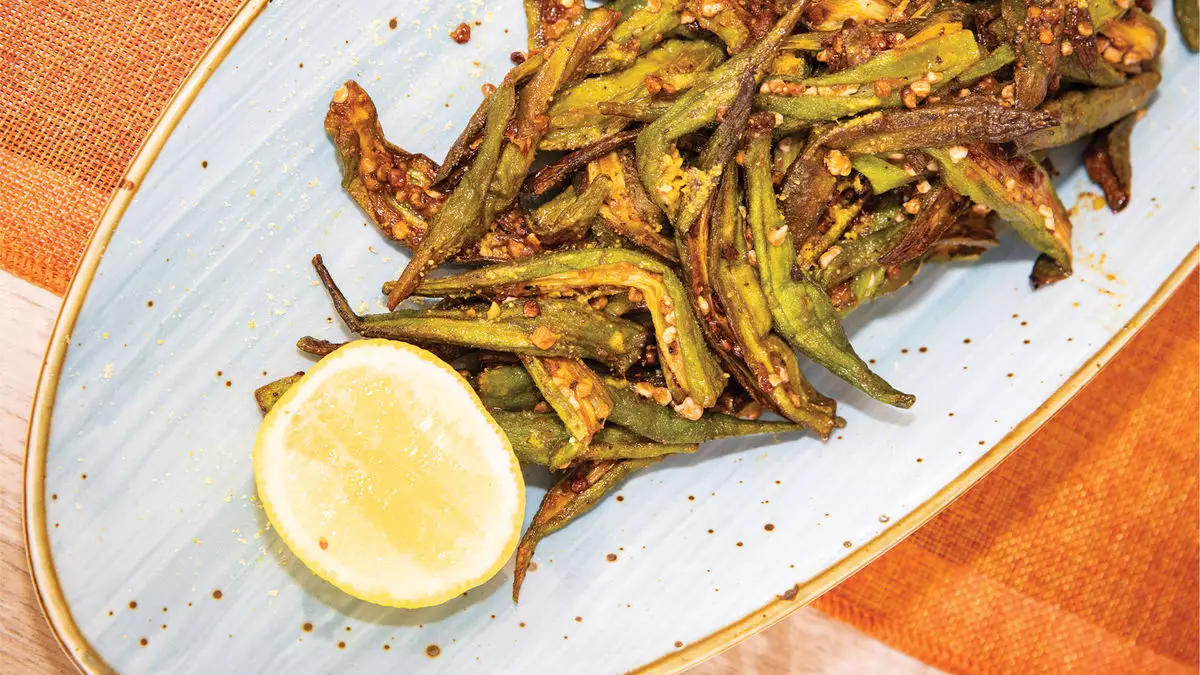The dynamic landscape of New York’s dining scene continues to evolve, showcasing a diverse tapestry of flavors and traditions. One of the most illustrious examples of this evolution is Tatiana, a restaurant by celebrated chef Kwame Onwuachi. This establishment, launched nearly two years ago at Lincoln Center, not only attracts food enthusiasts but also offers a unique glimpse into the cultural heritage that shapes its culinary offerings. My personal culinary curiosity piqued, I was eager to indulge in a sampling of Tatiana’s renowned dishes during the recent Family Reunion, a four-day festival dedicated to honoring Black culture and its profound influence on the culinary world.
The Family Reunion festival is an annual event held in mid-August at Salamander Middleburg, a luxury resort situated an hour’s drive from Washington, D.C. This celebration is co-hosted by Onwuachi and Sheila Johnson, who is not only the co-founder of BET but also a visionary in the hospitality industry. The festival attracts food lovers from different backgrounds and boasts a lineup of chefs and culinary legends, thus creating an exceptional platform for showcasing Black culinary talent. As I arrived at Salamander Middleburg, the idyllic setting, nestled in rolling hills and lush greenery, set the stage for an unparalleled gastronomic experience.
True to the spirit of a family reunion, the dining experience during the festival was intimate and shared. Guests gathered under an open-air tent, surrounded by the resort’s picturesque landscape, creating a welcoming atmosphere that encouraged camaraderie. The dishes were served family style, promoting a sense of togetherness as we eagerly passed around platters brimming with culinary delights. Each dish crafted by Onwuachi was an experience in itself, and I was excited to explore the flavors that reflected his Afro-Caribbean roots, interwoven with the rich tapestry of his upbringing in New York City.
One standout dish that exemplified this fusion was the shawarma-roasted chicken accompanied by turmeric lamb rice. This dish resonated with nostalgia for many diners, evoking memories of the vibrant halal food offerings found throughout New York’s diverse streets. The chicken was cooked to perfect tenderness, enhanced by the aromatic spices of the turmeric lamb rice, creating a symphony of flavors reminiscent of home-cooked meals yet elevated by innovative presentation. Each bite was a reminder of how food serves as a conduit for storytelling, bridging generational and cultural divides.
As the meal progressed, Onwuachi’s culinary prowess continued to shine through a series of delectable offerings. A notable highlight was the brown stew branzino, paired with traditional rice and peas infused with hints of cilantro and onion—another nod to the robust flavors of Afro-Caribbean cuisine. The piri piri salad, adorned with cucumbers, avocado, and a tangy gooseberry dressing, added vibrancy to the spread, while the unexpectedly delightful crispy okra emerged as an unexpected favorite. This dish, which traditionally ranked lower on my list of preferred vegetables, was reimagined by Onwuachi’s creative touch, showcasing perfectly fried bites drizzled with a zesty honey-mustard dressing, finished with a bright lemon squeeze.
The anticipation grew the following day as whispers of excitement transitioned into conversations about a sneak peek into Onwuachi’s next venture: Dogon. This establishment, which has since opened within the luxurious Salamander Washington DC, is already being touted as a prospective culinary destination in its own right. At the Family Reunion, we were treated to a preview of dishes like curried branzino and mushroom étouffée. Yet, the true showstopper was the chef’s Not Potato Salad. Unlike its traditional counterpart, this dish featured potatoes enveloped in a smoked oyster remoulade, enhanced by pickled celery and crowned with soft-boiled egg slices. Its complex flavors and textures elevated the humble salad to something entirely unique.
As I concluded my meals at The Family Reunion, it became abundantly clear that Kwame Onwuachi and Salamander Hotels & Resorts are not merely participants in the culinary narrative; they are essential contributors shaping it. Through each innovative dish and the sense of community created at the event, the festival successfully highlighted the significance of Black culture in the culinary sphere. Onwuachi’s unique approach to food is a testament to how cuisine can serve as a vehicle for cultural expression, uniting people from all walks of life around the table. With creators like him at the helm, the future of culinary arts is not simply in good hands; it is thriving, vibrant, and endlessly evolving.


Napsat komentář